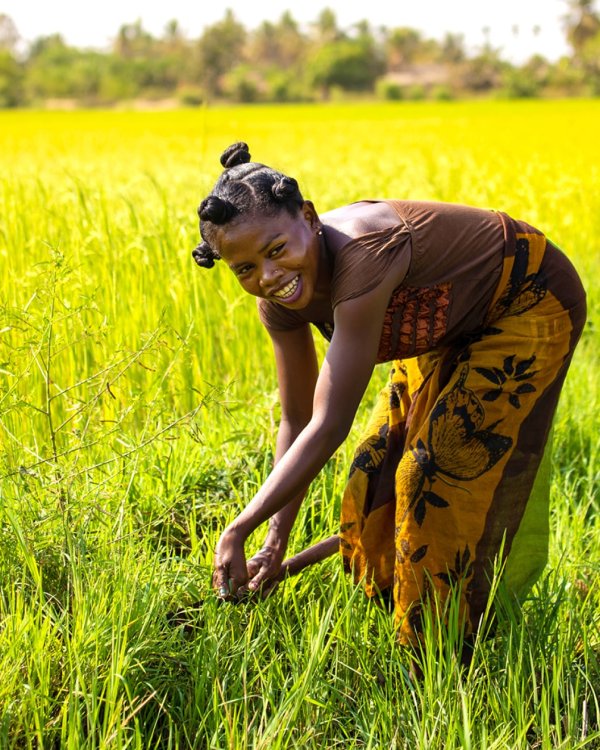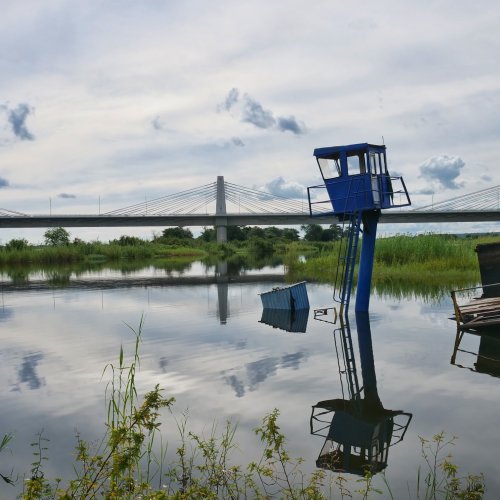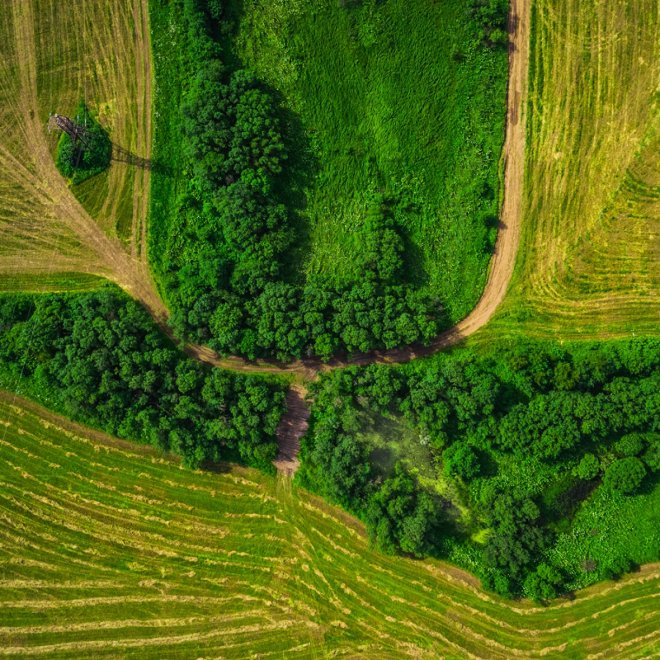
Origination Facility
INVESTING IN SCALABLE CLIMATE SOLUTIONS
Managed by the World Wide Fund for Nature Netherlands (WWF-NL) and SNV, a global development partner, collectively, the Origination Facility identifies promising climate-focused projects in vulnerable countries throughout Africa, Asia, and Latin America and helps them develop into scalable, bankable solutions.
It supports companies in the following high-impact sectors:
Forestry, Agriculture, Water and Sanitation Hygiene, and Environmental Protection.
Origination Facility funding helps these projects become viable investment cases for the two DFCD Investment Facilities, or other third-party investors.
In doing so, the Origination Facility helps to address the financing gap that stands in the way of reaching global climate and biodiversity goals.
Download the Origination Facility Factsheet:
English
Español
Français
To start your application, review our criteria below and click 'APPLY FOR FUNDING' below.

WHAT CAN ORIGINATION FACILITY FUNDING BE USED FOR?
Origination Facility funding can be put towards activities such as feasibility studies, due
diligence work, environmental and social safeguard checks, pilots to prove concept, or
assistance to develop business models. As such, it forms a pipeline generator for the Water and
Land Use Facilities.
To be eligible for funding, projects must:
-
Be from an eligible country
-
Have potential commercial viability
-
Focus on climate adaptation and mitigation
-
Support vulnerable groups
-
Align with national development goals
For specific application criteria, see below.
Application
Criteria
Eligible Country
At present, the DFCD can invest in the full OECD DAC list of eligible ODA countries. It invests at least 25% of the funding in Least Developed Countries (LDCs), and at least 25% in development cooperation focus countries and combination countries on the list of the Netherlands Ministry of Foreign Affairs.
Commercial Viability
The projects must be potentially commercially viable and financially sustainable.
Rio Marker 2
The principal objective of the project is to improve climate adaptation or mitigation (according to the OECD Rio Marker 2 methodology).
National Alignment
The initiative's priorities are aligned with national development plans and priorities of the host country.
Vulnerable Groups
The initiative includes objectives or activities including the wellbeing of vulnerable groups: the youth, women are some examples in some areas. Going forward, GESI (Gender, Equality and Social Inclusion) impact is also evaluated.
Excluded Activities
The initiative is not involved in activities related to Deforestation, Fossil Fuels, or Nuclear Energy, among others.
Size of the organisation
The lead organisation receiving funding should be a private sector entity and have total value of assets or annual turnover of at least €5 million.
Long term need for finance
The initiative has the potential to scale up with a long-term finance need of at least €5 million.
Co-investment
The initiative should be able to co-invest, cash/in kind via own or external resources.
Financial Additionality
The DFCD funding should be additional to the mission and vision of the initiative.
Biodiversity
Projects should do no harm to biodiversity, and, where possible, support and strengthen it, including agro-biodiversity, species, ecosystem diversity and sustainable use of ecosystems.
Learn more about the Origination Facility

LANDSCAPE APPROACH
The DFCD bolsters its Origination Work by supporting a landscape approach
Projects in the DFCD operate within a wider societal and environmental context, referred to as a 'landscape'. By investing across sectors and collaborating with various stakeholders, the DFCD can extend its impact beyond company boundaries and strategically address long-term climate and biodiversity challenges. This fosters climate-smart development practices and enhances responses to climate risks at appropriate governance levels.
Supporting the Landscape Approach is done through three key interventions:
- Ensuring projects align with local context and needs
- Strategic portfolio management and investment decision-making
- Leveraging Consortium expertise in the landscapes
The Origination Facility leads the Consortium’s landscape work, with valuable contributions from the Investment Facilities.
If you want to learn more about how the fund supports the landscape approach, download the DFCD Landscape Work Brochure:
English
Español
Français
